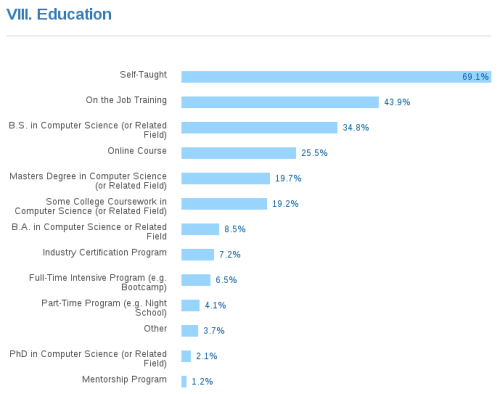I am currently involved in an interesting integration project at work. As part of it, we need to create a single sign-on process between SugarCRM (version 6.5.20) and RoundCube (version 1.1.4) webmail application. RoundCube webmail is being displayed within the iframe inside the SugarCRM user interface, so it would help if users didn’t have to login to RoundCube since they are already authenticated in SugarCRM.
Once the user is authenticated in the SugarCRM, a PHP session is created with, among other information, authenticated user ID. Using that ID, we can fetch the full user record and get his IMAP credentials, necessary for the RoundCube login. While this wasn’t too difficult, there were a couple of road bumps that I’d like to document here, so that next time I won’t have to work it all out from scratch again.
Continue reading Single Sign-On with SugarCRM and RoundCube Using Multiple PHP Sessions
